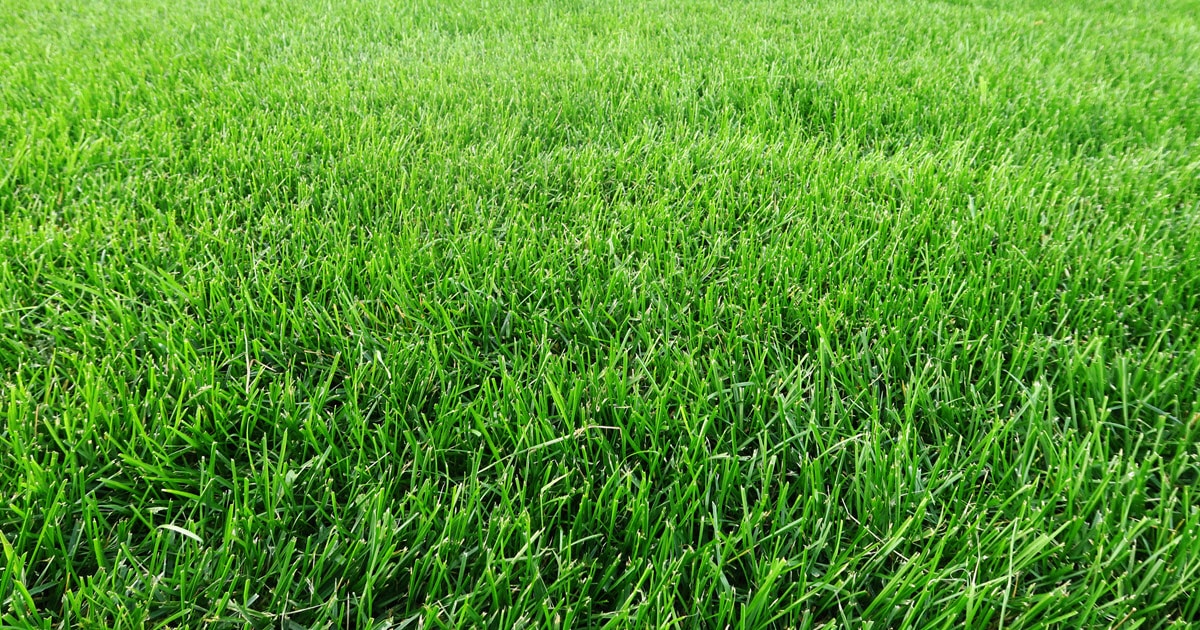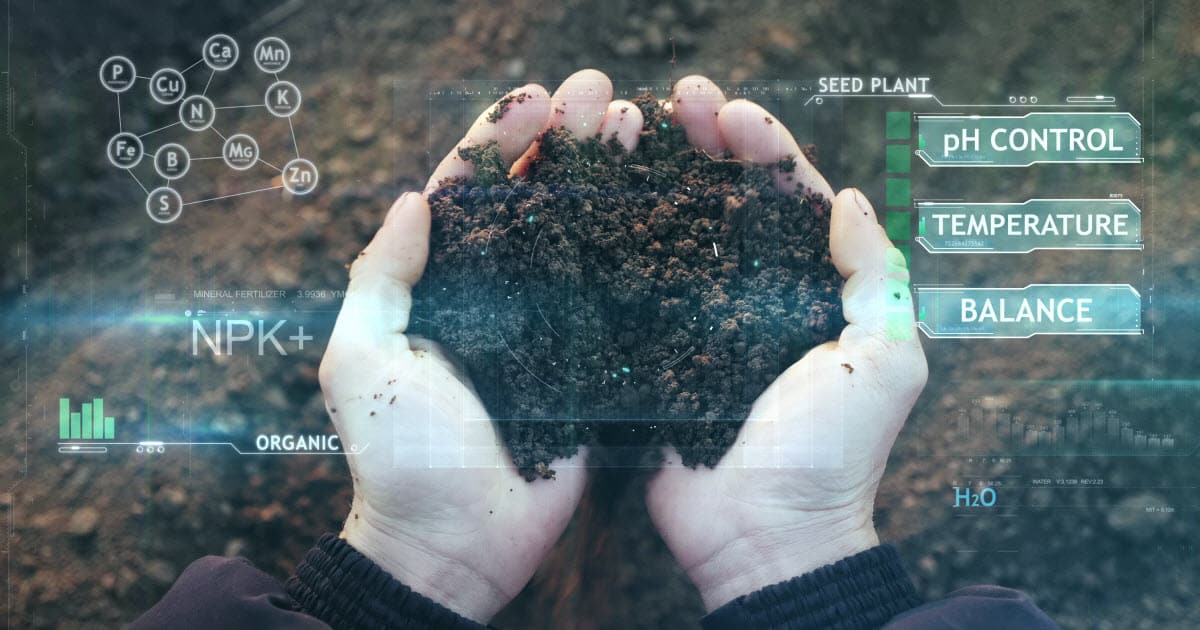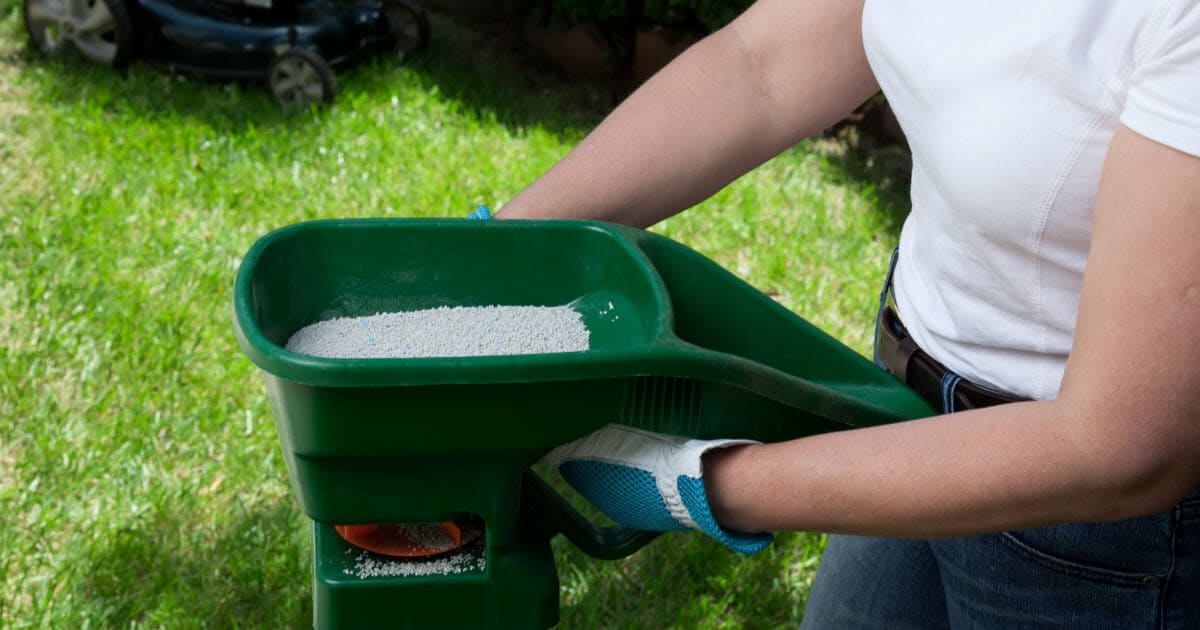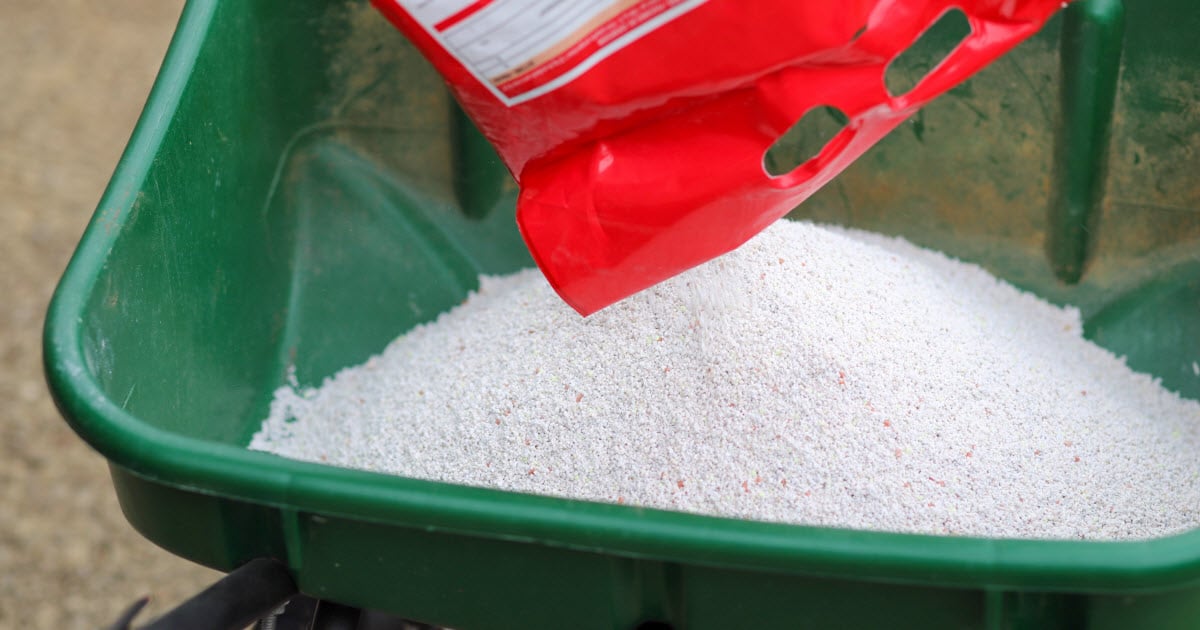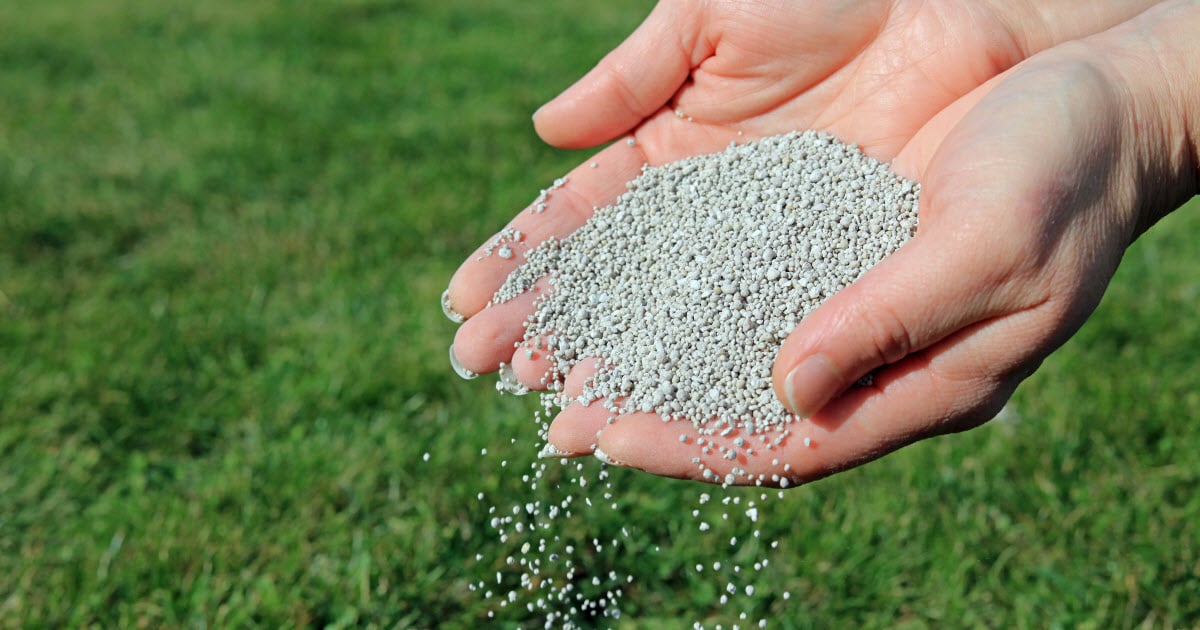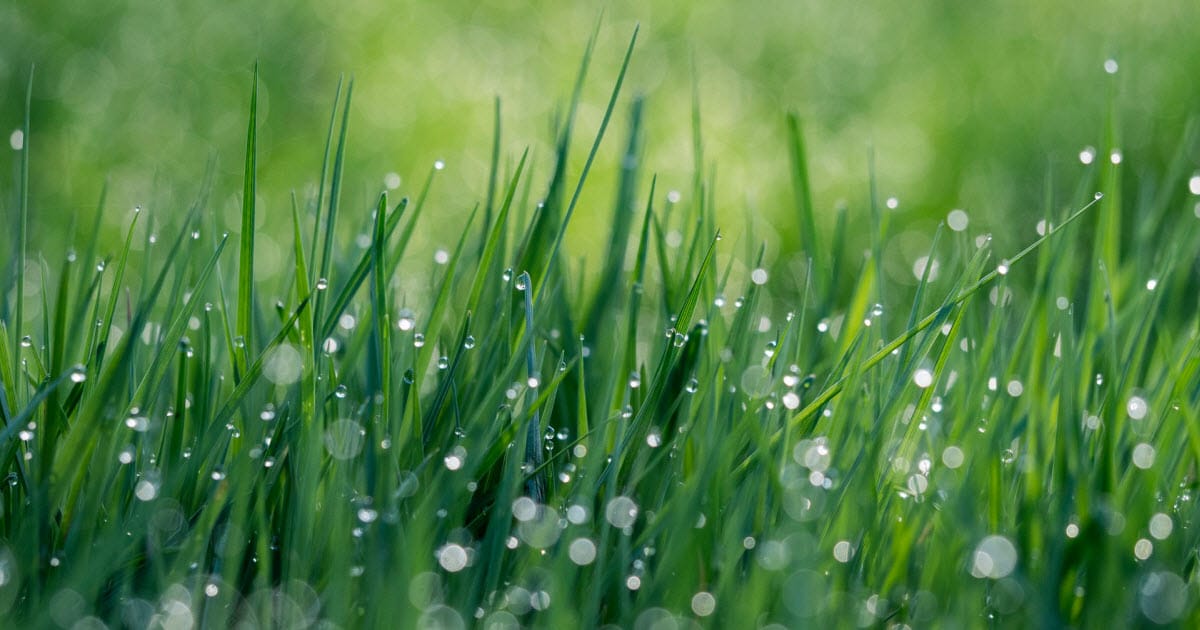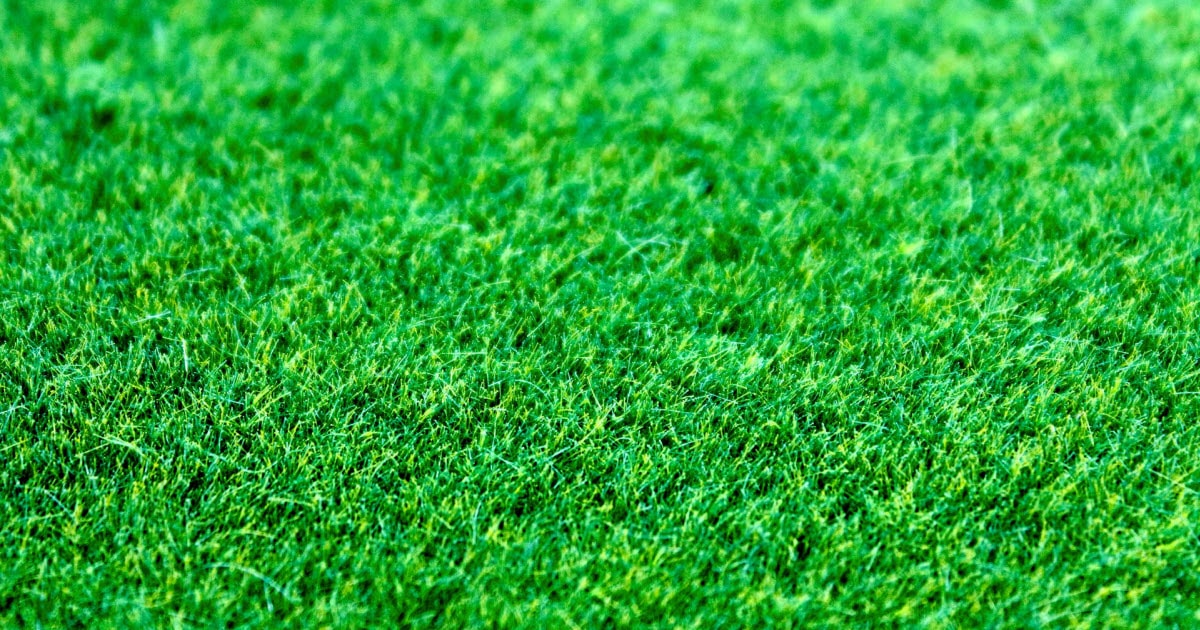Lime and gypsum are common soil amendments, and many homeowners tend to get confused about what each does for turfgrass, and the lawn issues each amendment addresses. Each product can be great for lawns, but neither is always helpful. There are significant differences between them, including what you’re supposed to use each product for. Today, I’m going to clear up all the confusion with a complete lime vs gypsum comparison. I’ll also help you identify signs and symptoms that may tell you your lawn could use an application of lime or gypsum.
Read More